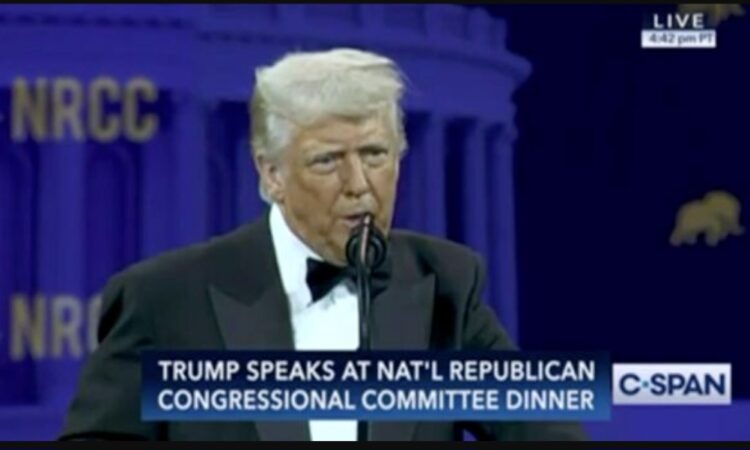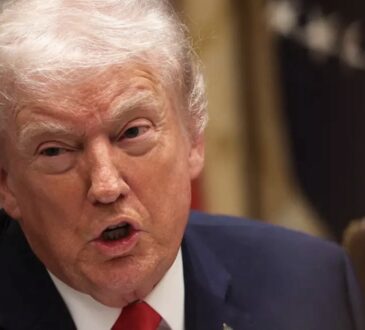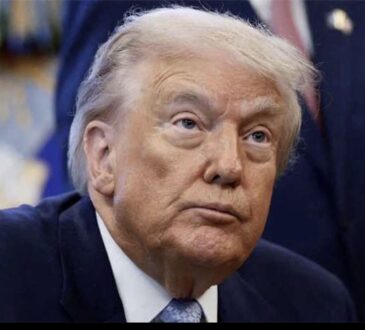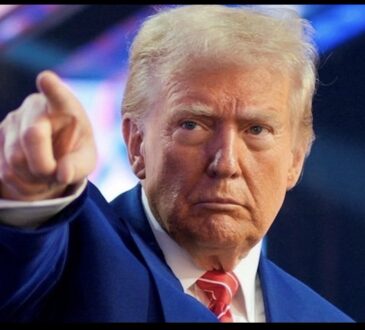Trump Boasts About His ‘War on the World’ Before Backtracking – But Adds, ‘It’s Our Turn’ to Rip Off Other Countries

Donald Trump is sticking to his plan to put tariffs on almost everything the U.S. imports, starting Wednesday. That even includes a massive 104% tariff on goods from China. He doesn’t seem interested in backing down, no matter the pushback.
On Tuesday night, Trump gave a speech at a Republican event in Washington, D.C. This happened on the same day the stock market dropped again, something that’s been happening since he first announced these broad tariffs. The basic tariff rate is 10%, but Trump is targeting some countries—like China—with even higher rates. China has already said it won’t back down and is ready to fight back.
Trump says these tariffs are fair because other countries have been unfair to the U.S. for years. He claims the U.S. is just doing the same thing back to them. But the numbers his team is using to make that case aren’t accurate. They based their reasoning on trade deficits, twisting the facts to make it sound like other countries are putting huge tariffs on American goods. Even people in his own party, including some conservative donors, have criticized him for this.
During his speech, Trump first called it a “war with the world,” then quickly backtracked and said it’s not really a war because everyone is coming to the U.S. anyway. He mentioned Japan, saying their negotiators were already on the way.
He then focused on China and proudly talked about the 104% tariff, acting as if China would be the one paying for it. But that’s not true. Tariffs are actually paid by American companies that import the goods, and most of the time, those costs are passed on to regular people through higher prices. Still, Trump told the crowd that it was time for the U.S. to “rip off” other countries in return, saying this would make the country stronger than ever.
Despite being corrected many times, Trump continues to say that other countries pay the tariffs directly, which isn’t how it works. Importers in the U.S. pay those fees, and that means American consumers feel the impact in their wallets.




